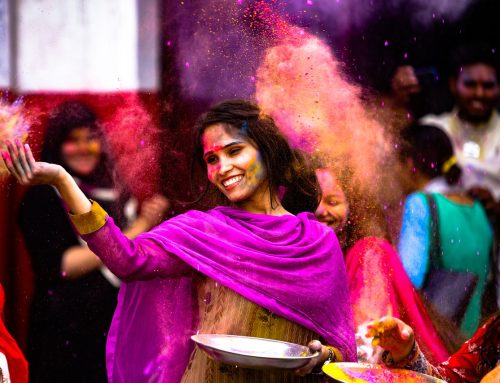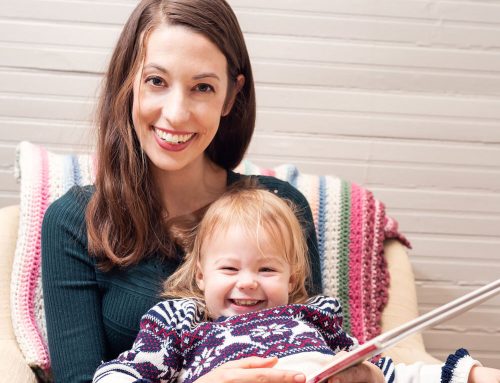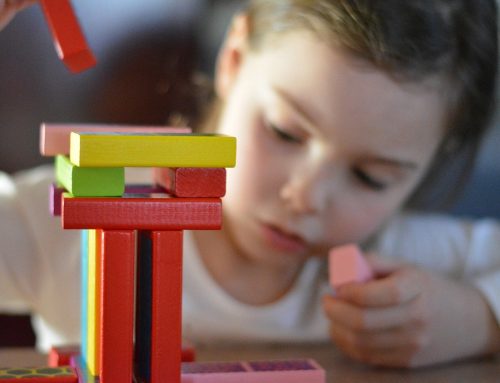Before I became a parent, I didn’t understand that there are two types of children’s books. There are children’s books written for actual children, and there are children’s books written for parents.
When my first child was small and the pandemic closed our local library, I panic-bought kids’ books online: I Love You More and More, I Give You The World, etc.
Soon, I learned that such declarations of devotion are BORING to babies. Given a choice between I Love You, Little Pookie and The Fat Cat Sat on the Mat, the latter wins every time.

(Playing with Paw Patrol toys – now we’re talking!)
The little ones already know that they have our undying love. That knowing is the air they breathe; they take it for granted completely.
Recently I packed up these “undying love” books for donation at our library, while judging myself for buying them in the first place.
But then I reconsidered, because while my kids don’t like to read books about how much they are adored, they do like to hear songs about it.
They love it when I make up silly songs such as, “Duckie loves you so,” and “Lady Reindeer thinks you are divine.”
Recently our 3 year old asked me to sing the Lady Reindeer song a half-dozen times. When I paused, she asked, “Mama, what is ‘divine’?”
An excellent question. How to best explain divinity to a 3 year old? How to sift through my past as a child living in service to an angry god, and uncover something truer?
I struggled for words, finally saying, “Divine means … good all the way through. It means that all of you is good.”
Our 3 year old nodded. To her, this was obvious. As long as I’ve had enough sleep and solitude, my children’s divine nature is clear to me too.
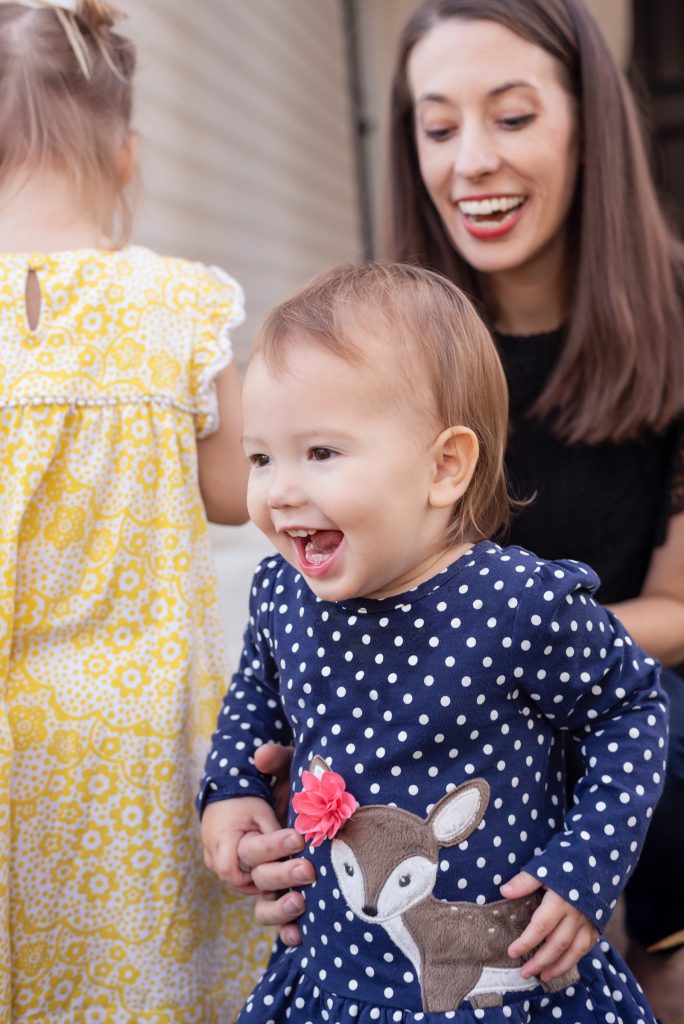
But the heartbreaking truth is, it’s really hard for us as adults to see ourselves that clearly.
We know too much, that’s the problem. We know about our shadow sides.
What about the parts of us that are paralyzed with anxiety or deeply depressed, so we don’t help ourselves or make a difference for others?
What about the parts that get triggered, and then furiously lash out at loved ones?
How are we supposed to see ourselves as divine, when we do stuff like that?
I don’t know. I just don’t know. But as a wise man once said to me, “I think it helps … not to be afraid of your faults.”
I think it helps to just see these “faults” as scared children. They’re not malicious; they just don’t know how to manage their fear yet. They’re like kids having meltdowns; they haven’t learned to regulate themselves.
After all, isn’t that how we see our loved ones, through a generous lens?
When I’m coaching with someone, I don’t see their anxiety or anger or presenting “issue” as the essence of who they are. Rather, I see it as something they’re experiencing, for now.
Who they truly are is always gorgeous. Always divine.
—
When I started this message, I was just going to write you a short note wishing you and yours a very happy holiday.
And now, here we are, talking about whether humans are essentially good.
What can I say? I like big, existential questions. And I like how it feels to believe that who we truly are is divine.
That doesn’t mean we never learn, or grow, or change; it doesn’t mean we’ll never regret, or apologize, or right our wrongs.
It just means that even as we do all of these things, there’s a deeper reality in which we’re fundamentally okay.
In which we’re good, all the way through.
So here’s what I’d like to invite you to do this holiday. Or, more accurately, to stop doing.
I’d like you to stop giving quite so much energy and attention to “improving” yourself. Instead, I’d like you to question the belief that you were ever broken.
This holiday, may you know – not just think, but really KNOW – that you are whole.
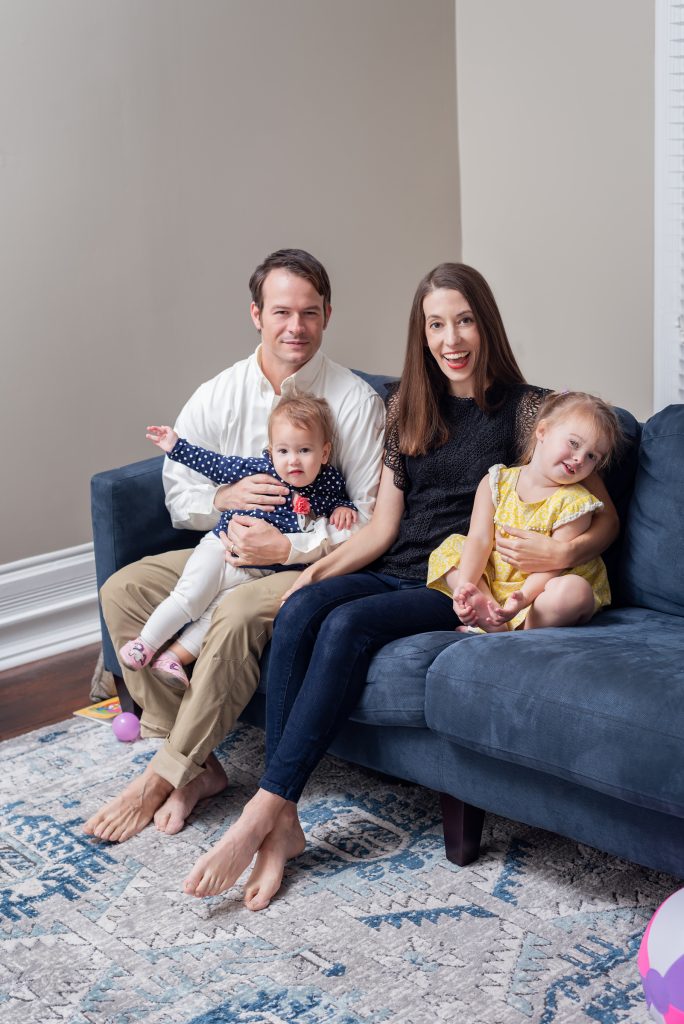
May you enjoy your life right here, right now – welcoming the moment as it is, with beach balls, bare feet, boundless energy toddlers and all.
Yours,
Caroline
Share This:
Comments
Related Posts
